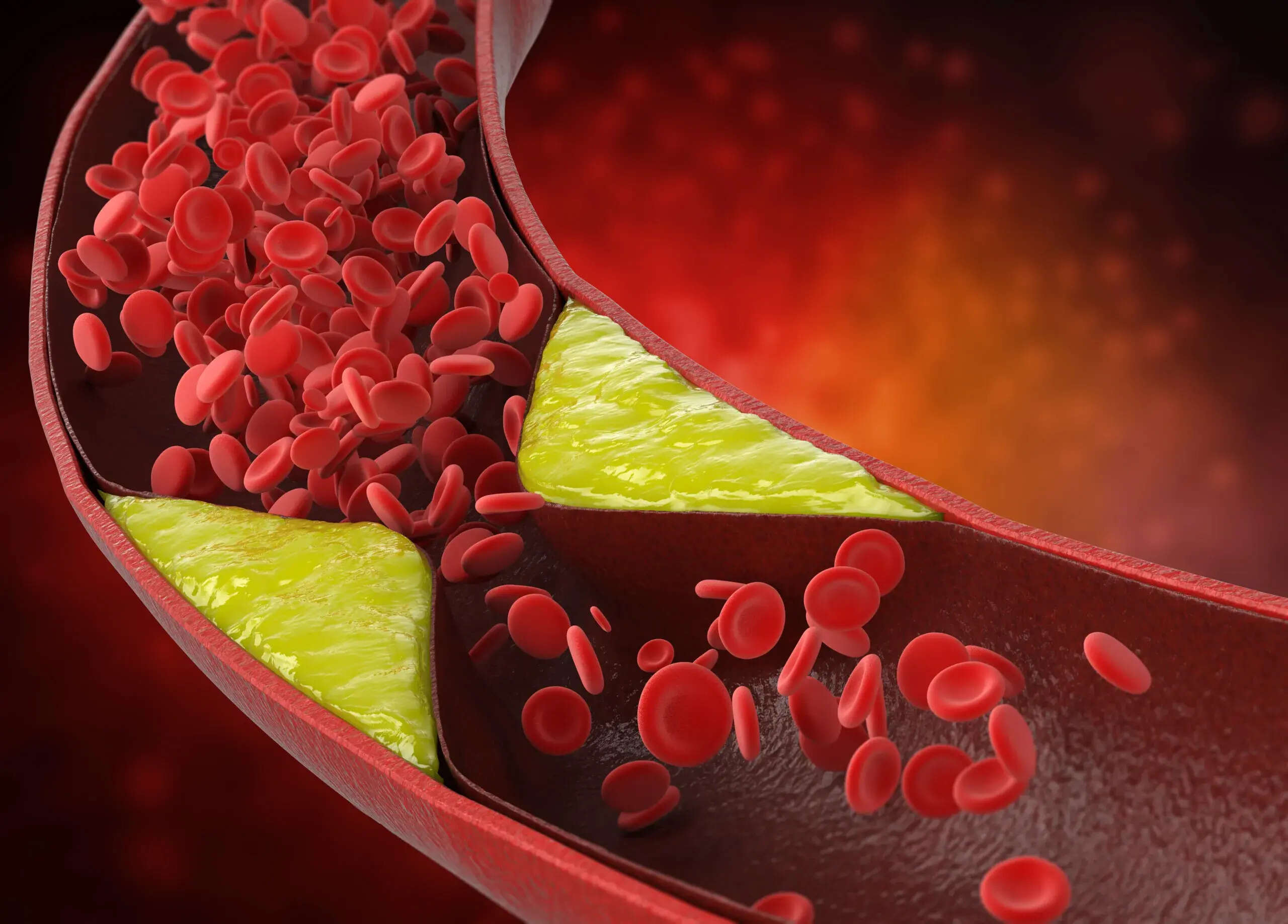
Cholesterol often gets a bad rap, but it's not all doom and gloom. This waxy substance, found in your blood, plays a vital role in building cells and producing certain hormones. Too much cholesterol, however, can lead to serious health issues like heart disease. But did you know there are different types of cholesterol? LDL (low-density lipoprotein) is often dubbed "bad" cholesterol, while HDL (high-density lipoprotein) is considered "good." Your body needs a balance of both to function properly. Curious about how diet and lifestyle impact your cholesterol levels? Or how genetics play a role? Read on to uncover 22 surprising facts about cholesterol that might just change the way you think about this essential molecule.
What is Cholesterol?
Cholesterol is a waxy substance found in your blood. Your body needs it to build cells, but too much can lead to health problems. Here are some interesting facts about cholesterol.
-
Cholesterol is Essential: Your body uses cholesterol to make hormones, vitamin D, and substances that help digest food.
-
Two Types of Cholesterol: There are two main types: LDL (low-density lipoprotein) and HDL (high-density lipoprotein). LDL is often called "bad" cholesterol, while HDL is known as "good" cholesterol.
-
Produced by the Liver: The liver produces about 75% of the cholesterol in your body. The rest comes from the food you eat.
-
Found in Animal Products: Cholesterol is present in animal-based foods like meat, dairy, and eggs. Plant-based foods do not contain cholesterol.
-
Necessary for Brain Function: Cholesterol is crucial for brain health. It helps form synapses, which are essential for learning and memory.
Health Risks of High Cholesterol
High cholesterol levels can lead to serious health issues. Understanding these risks can help you take steps to manage your cholesterol.
-
Heart Disease: High levels of LDL cholesterol can lead to plaque buildup in arteries, increasing the risk of heart disease.
-
Stroke: Plaque buildup can also cause strokes by blocking blood flow to the brain.
-
Peripheral Artery Disease: High cholesterol can cause plaque to build up in the arteries of your legs, leading to peripheral artery disease.
-
High Blood Pressure: Cholesterol buildup can make arteries less flexible, leading to high blood pressure.
-
Diabetes: People with diabetes often have higher levels of LDL cholesterol and lower levels of HDL cholesterol.
Managing Cholesterol Levels
There are several ways to manage cholesterol levels and reduce health risks. Here are some effective strategies.
-
Healthy Diet: Eating a diet low in saturated fats and trans fats can help lower LDL cholesterol levels.
-
Exercise: Regular physical activity can help raise HDL cholesterol and lower LDL cholesterol.
-
Medications: Statins and other medications can help manage cholesterol levels when diet and exercise are not enough.
-
Quit Smoking: Smoking lowers HDL cholesterol and increases the risk of heart disease.
-
Limit Alcohol: Drinking alcohol in moderation can help maintain healthy cholesterol levels.
Myths About Cholesterol
There are many misconceptions about cholesterol. Here are some myths debunked.
-
All Cholesterol is Bad: Not all cholesterol is harmful. HDL cholesterol is beneficial and helps remove LDL cholesterol from the bloodstream.
-
Only Overweight People Have High Cholesterol: Even people who are not overweight can have high cholesterol levels.
-
Cholesterol Only Affects Older People: High cholesterol can affect people of all ages, including children.
-
Diet Alone Can Control Cholesterol: While diet is important, some people need medication to manage their cholesterol levels effectively.
-
Eggs are Bad for Cholesterol: Eggs contain cholesterol, but they also have nutrients that can be part of a healthy diet.
Interesting Facts About Cholesterol
Here are some lesser-known facts that might surprise you.
-
Cholesterol and Vitamin D: Your skin uses cholesterol to produce vitamin D when exposed to sunlight.
-
Genetics Play a Role: Genetics can influence your cholesterol levels. Some people inherit genes that cause high cholesterol.
The Bottom Line on Cholesterol
Understanding cholesterol is crucial for maintaining good health. It's not just about avoiding fatty foods; it's about knowing the difference between LDL and HDL, and how they affect your body. High levels of LDL can lead to heart disease, while HDL helps remove bad cholesterol from your bloodstream. Regular exercise, a balanced diet, and routine check-ups can keep your cholesterol levels in check. Don't forget, genetics also play a role, so stay informed about your family's health history. Medications might be necessary for some, but lifestyle changes can make a big difference. Keep an eye on your numbers, and consult your doctor for personalized advice. By staying proactive, you can manage your cholesterol effectively and enjoy a healthier life.
Was this page helpful?
Our commitment to delivering trustworthy and engaging content is at the heart of what we do. Each fact on our site is contributed by real users like you, bringing a wealth of diverse insights and information. To ensure the highest standards of accuracy and reliability, our dedicated editors meticulously review each submission. This process guarantees that the facts we share are not only fascinating but also credible. Trust in our commitment to quality and authenticity as you explore and learn with us.


